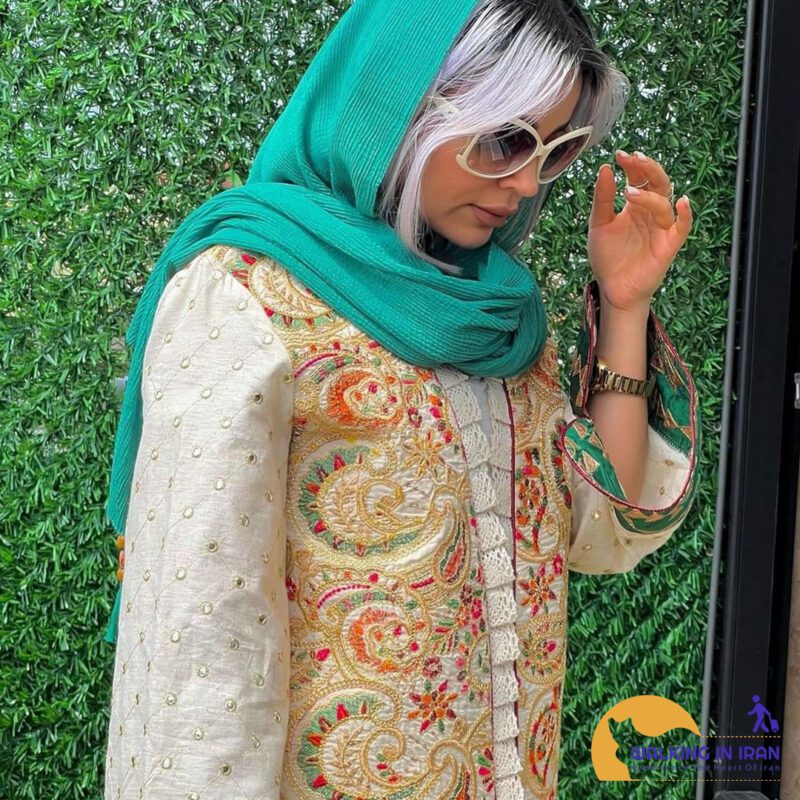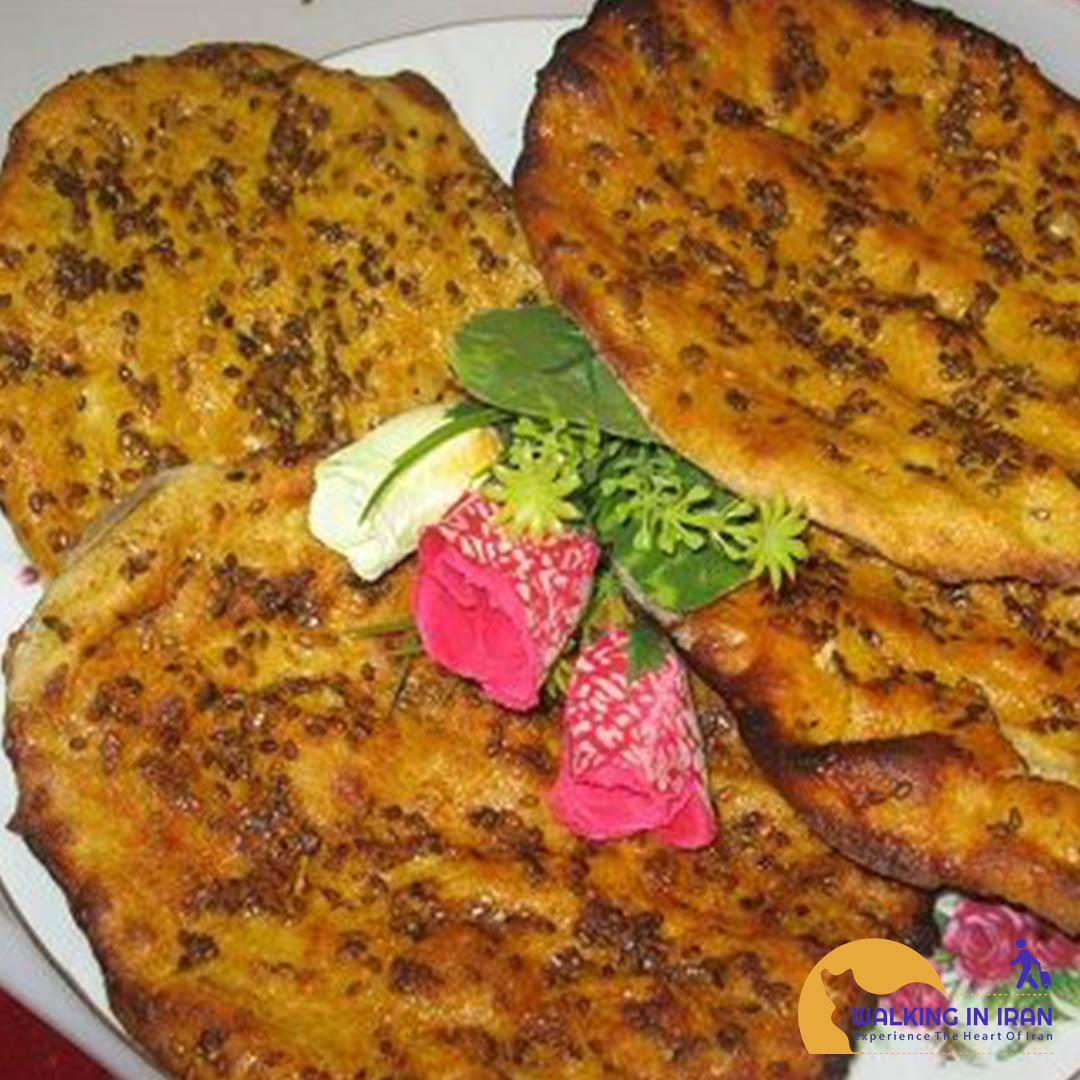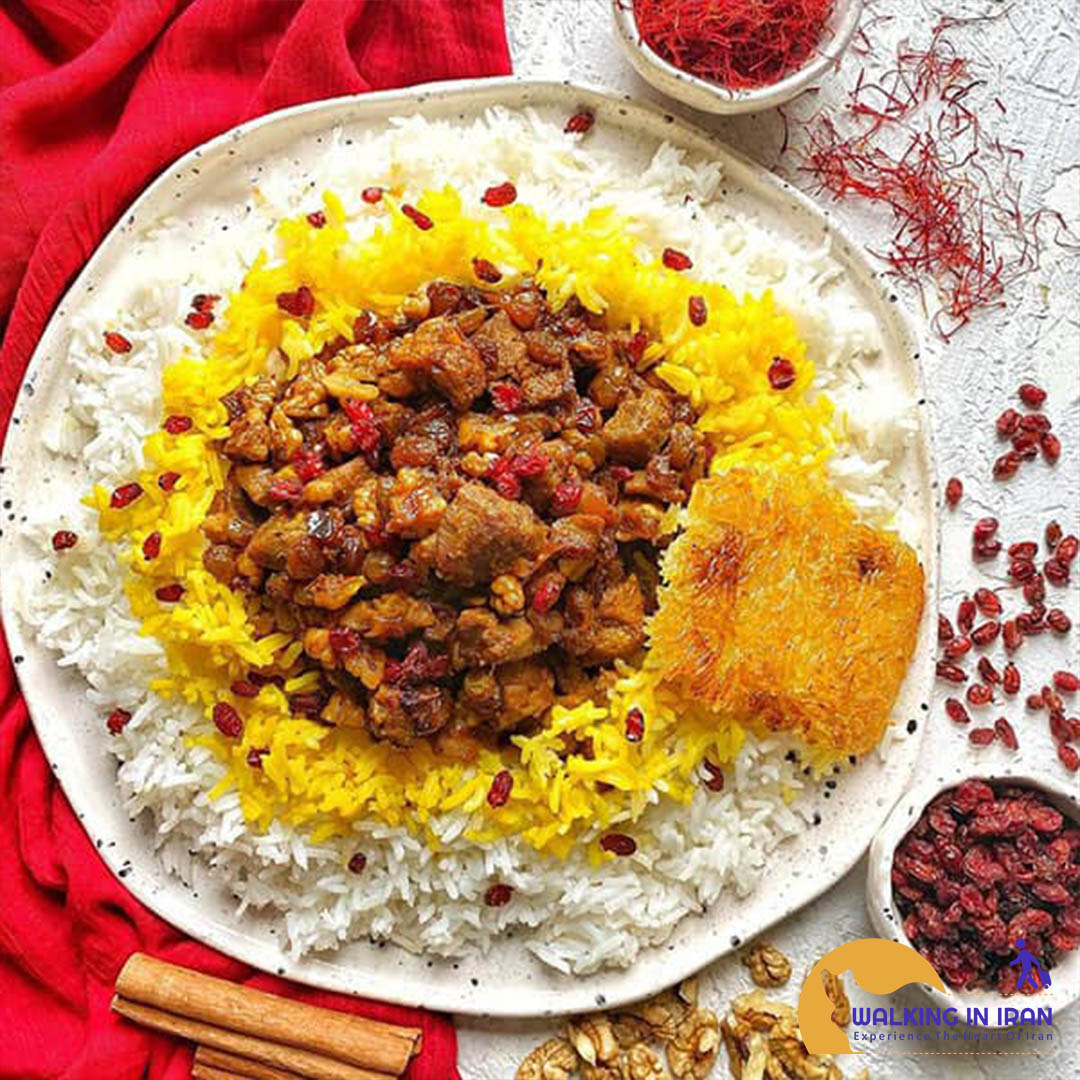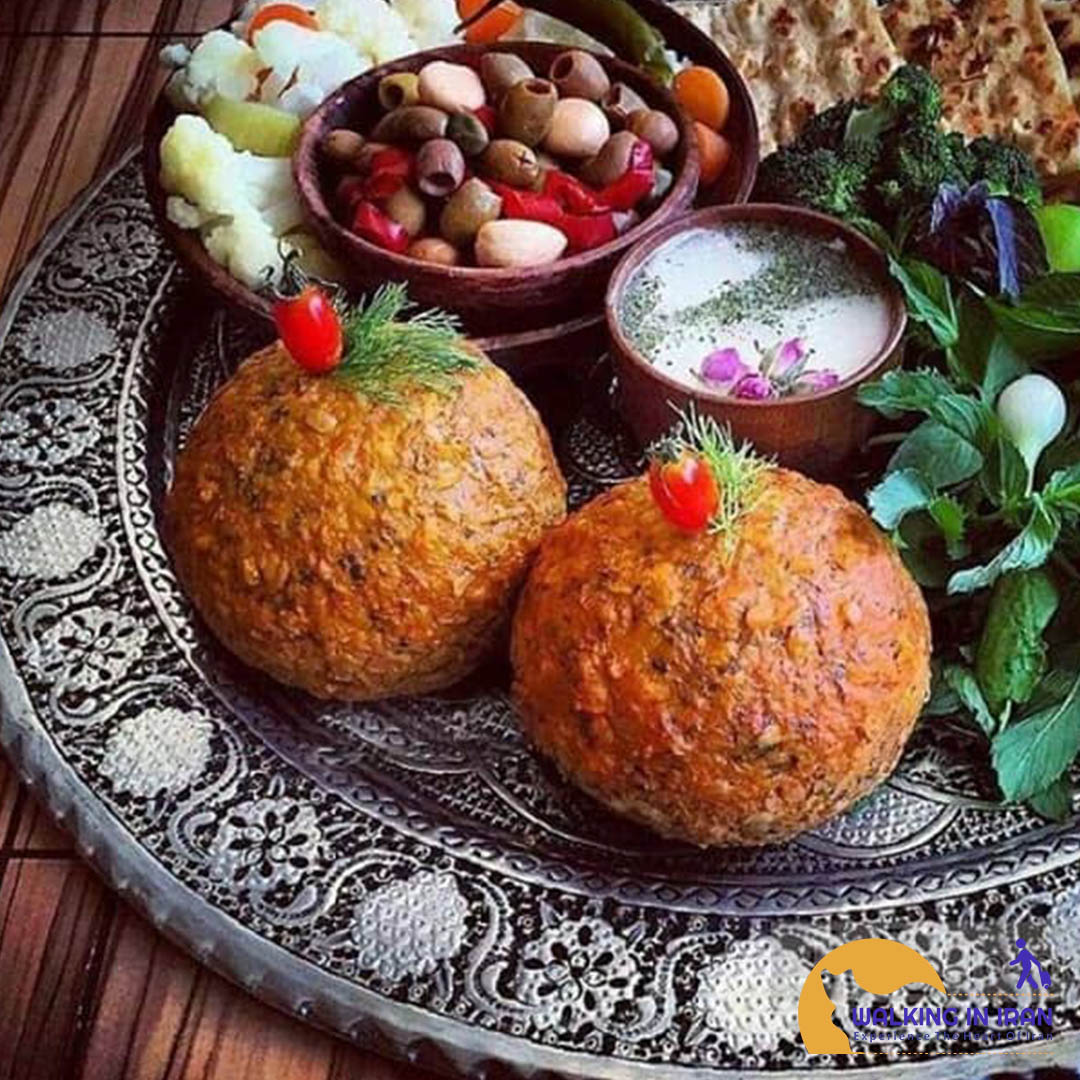Zarkdozi: a brilliant art from the land of Iran
Zarkdozi is one of the most delicate and beautiful traditional arts of Iran, which creates bright designs on the fabric using silver and sequins. This rich art is rooted in the history and culture of Iran and creates unique works by combining art and craft.
The history of embroidery
The exact history of the origin of embroidery is not known, but its roots can be found in Iranian traditional and ritual arts. Since ancient times, Iranians have been interested in decorating their clothes and textiles with beautiful designs, and zarkdozi has been one of the popular methods for this.
Raw materials and tools used
- Sarmah: Sarmahs, which are made of metal, are produced in various forms such as tubes, rings, and blades, and are used as the main element in embroidery.
- Sequins: Sequins come in different shapes and colors and are used to fill the empty spaces between the shades and create more shine.
- Thread: Strong and high quality threads are used to sew sequins and sequins to the fabric.
- Needle: Special sewing needles of different sizes are used for precise and delicate sewing.
- Fabric: The fabrics used in embroidery are usually made of silk, velvet or satin.
Types of needlework
There are different types of embroidery, each of which is known for its own techniques and designs. Some of the most important types of embroidery are: - Simple embroidery: in this type of embroidery, threads of the same shape and size are used, and designs are sewn in straight or curved lines.
- Embossed zarkembroidery: In this type of zarkembroidery, designs are created in relief on the fabric by using several layers of silk.
- Mixed zark embroidery: In this type of zark embroidery, a combination of silver, sequins and other decorative elements such as pearls and precious stones are used.
Applications of needlework - Garment decoration: zarkdozi is used to decorate all kinds of clothes, including local, formal and ceremonial clothes.
- Decoration of home textiles: Tablecloths, pillowcases, curtains and other home textiles are also decorated using needlework.
- Creating art panels: Artists create beautiful art panels using needlework techniques.
The importance of preserving and reviving the art of embroidery
As one of the most valuable cultural heritages of Iran, the art of embroidery is very important. Preservation and revival of this art can help the following goals: - Preservation of cultural identity: Zark embroidery is a part of Iran’s cultural identity, and preserving it means preserving a part of the history and culture of this land.




Join The Discussion